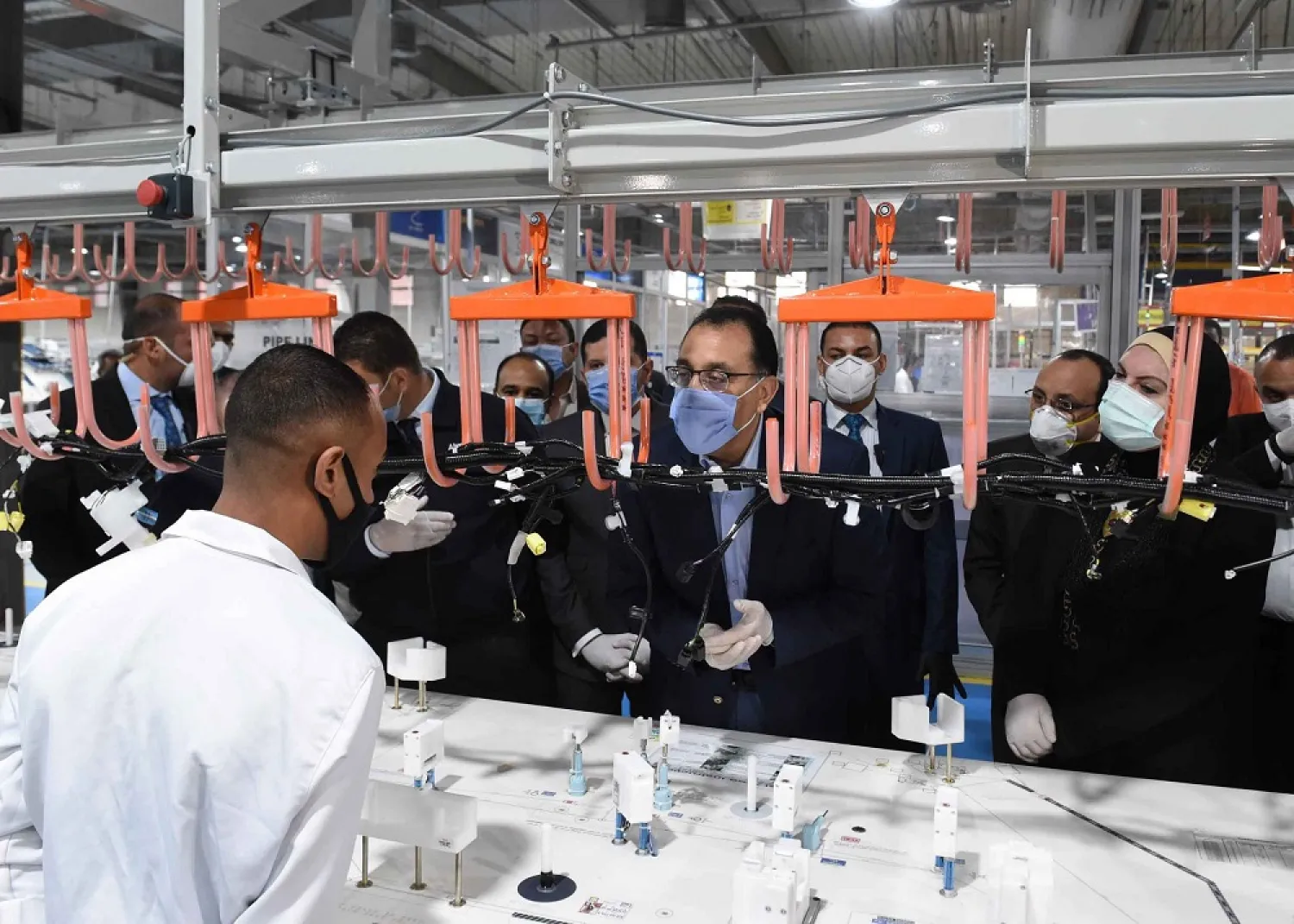The Egyptian Ministry of Civil Aviation has started operating 18 special flights via the Omani capital, Muscat, to bring back around 3,000 Egyptian citizens stranded in Qatar.
Egyptians stuck in Qatar would be repatriated via a company from Doha to Muscat, from where they would be flown to Cairo International Airport, the ministry said in a statement.
Despite suspending flights mid-March, the government has recently repatriated tens of thousands of stranded citizens from various world countries.
It has pledged to repatriate all its citizens who want to return to Cairo.
Meanwhile, Minister of Health Hala Zayed dismissed director of El Mataria Teaching Hospital in Cairo from his post over his dereliction of duty.
The director was also referred to an investigative panel after the death of a Sudanese patient at the hospital.
Zayed took her decision after a video went viral on social media, documenting the death of the Sudanese patient.
Each patient has the right to access health services, the minister said, adding that no leniency will be shown in this regard.
A committee uncovered some technical and administrative violations by the hospital, and it will continue its work to identify the shortcomings and refer the negligent officials to the judiciary.
A woman published a video on social media showing a patient who had died inside the hospital and who was still in his bed alongside other patients who are still receiving treatment.
“Directly after the incident, Zayed directed opening an urgent and immediate probe,” the statement read, adding that the results will be presented to the Minister of Health and Population to be referred later to competent authorities.
Separately, in line with the government’s efforts to resume various activities, Egyptian Prime Minister Mustafa Madbouly visited Saturday a number of factories in the 6th of October City.
He was accompanied by Minister of Trade and Industry Nevine Gamea and Executive Director of the General Authority for Investment and Free Zones Mohamed Abd El Wahab.









